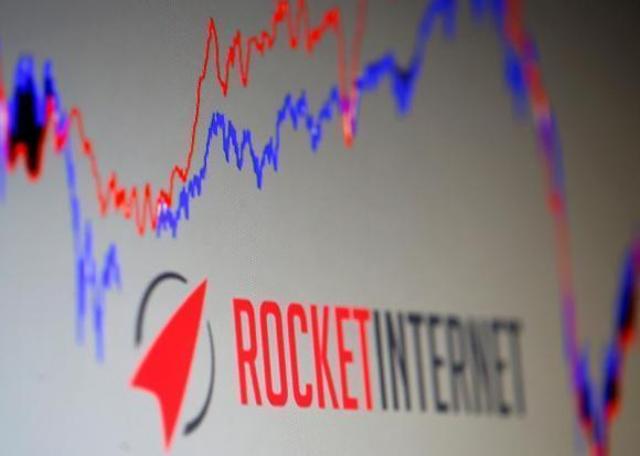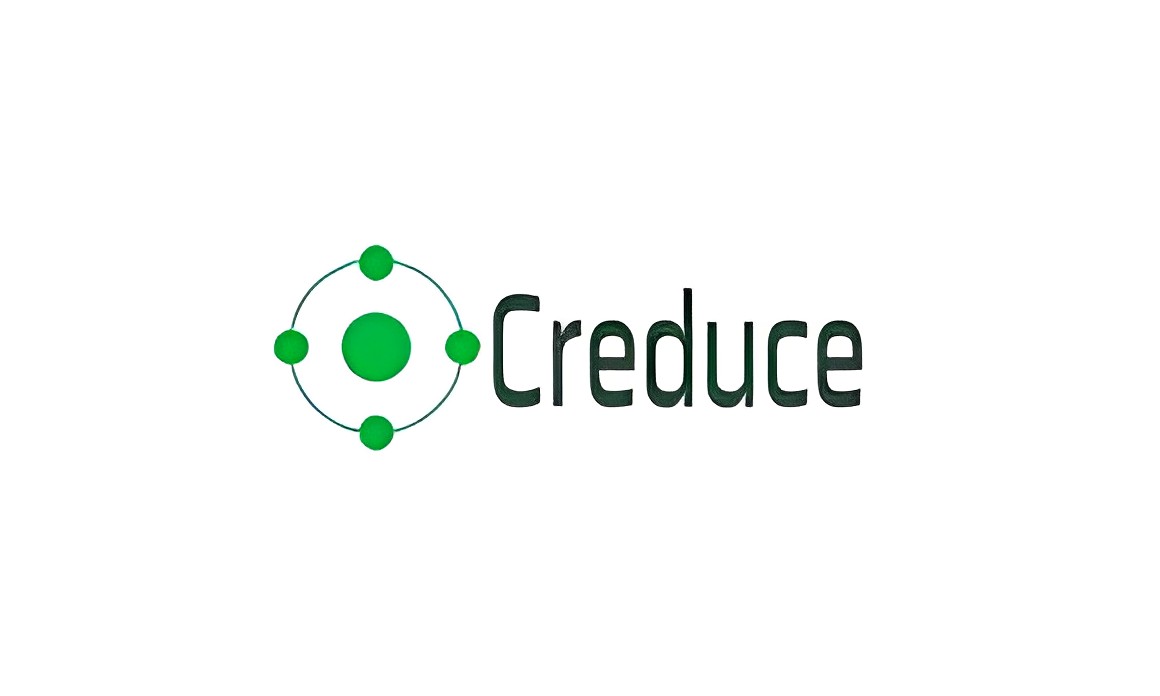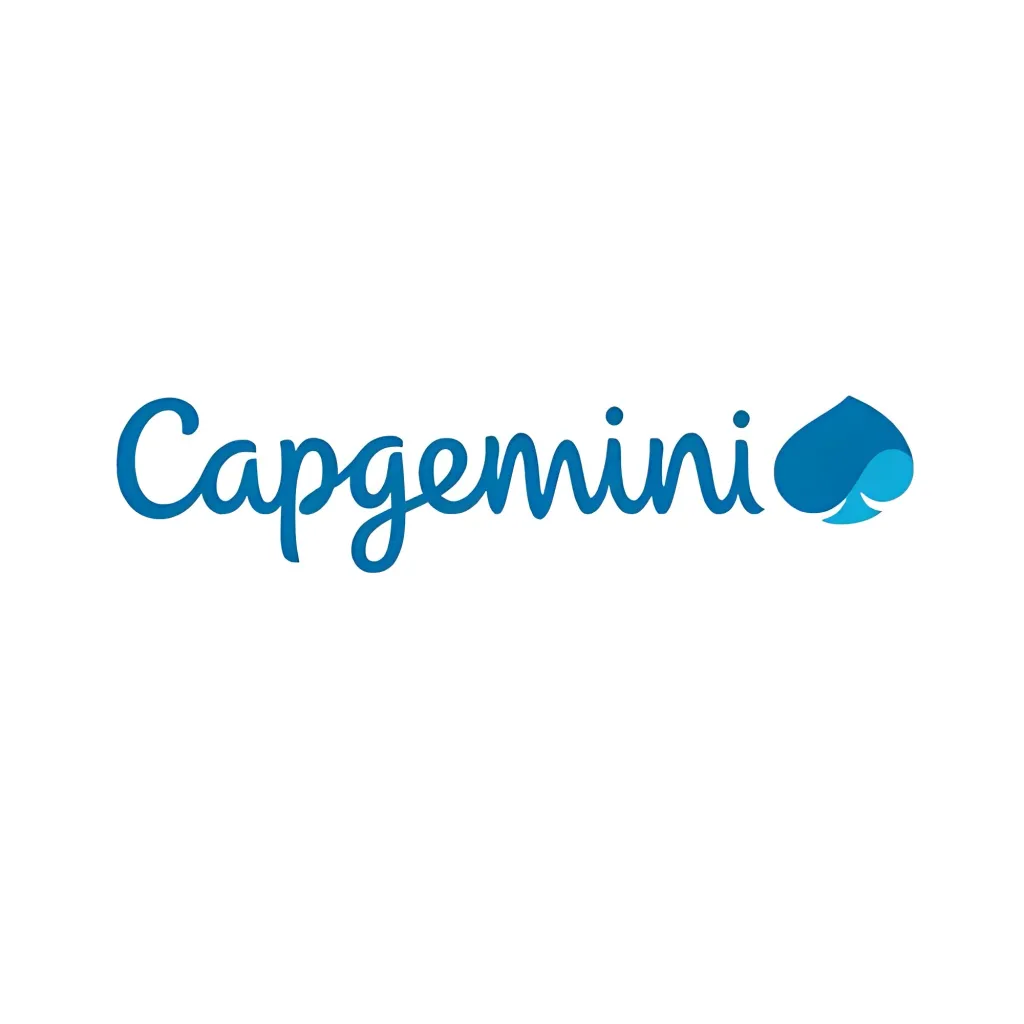
German e-commerce investor Rocket Internet said on Tuesday it managed to reduce losses at its main ventures in 2016 and hopes to turn three of them profitable by the end of 2017, with share listings still a possibility.
Founded in Berlin in 2007, Rocket has built up dozens of businesses from fashion e-commerce to food delivery, but its share price has tumbled in the last year as it has been forced to slash valuations for its key start-ups.
Some investors hope its fortunes might turn if it is able to list some of its businesses, with its largest, online food takeaway firm Delivery Hero, saying on Monday it could consider an initial public offering (IPO).
Rocket’s chief financial officer Peter Kimpel told a call with journalists that the IPO market was now looking more favourable than a year ago, although Chief Executive Oliver Samwer declined to comment on the same call on concrete IPO plans, saying that was a matter for the start-ups.
Rocket cut its aggregate losses before interest, taxation, depreciation and amortisation at its leading holdings to 360 million euros ($391 million) in 2016, a reduction of 234 million euros on the previous year.
Shares in Rocket, which tumbled in February after major investor Kinnevik sold half its stake in the company, were unchanged at 16.35 euros at 0930 GMT. They were trading at just under 23 euros in late January before Kinnevik’s sale.
On Tuesday the holding company reported a consolidated loss of 741.5 million euros last year, largely due to impairment charges following a funding round for emerging market e-commerce firm Global Fashion Group that slashed its valuation by two thirds.
However, the company said it remained well capitalised, with 1.5 billion euros of gross cash at the holding company and 800 million at its main companies and regional groups as at the end of March.
Samwer told a call for analysts and investors that his focus was on growing existing businesses and improving profitability, rather than on making large acquisitions.
He said he expected Rocket to launch between five and eight new start-ups this year – fewer than in previous years – but added that the company had made 25 investments in the last six months, including in start-ups it did not launch itself.
Kimpel maintained a target of turning three Rocket start-ups profitable by the end of 2017, noting that Middle Eastern fashion retailer Namshi has already reached break-even point and furniture retailers Westwing ang Home24 had trimmed losses.
1 min read
Rocket Internet stems losses in 2016, eyes IPO market









